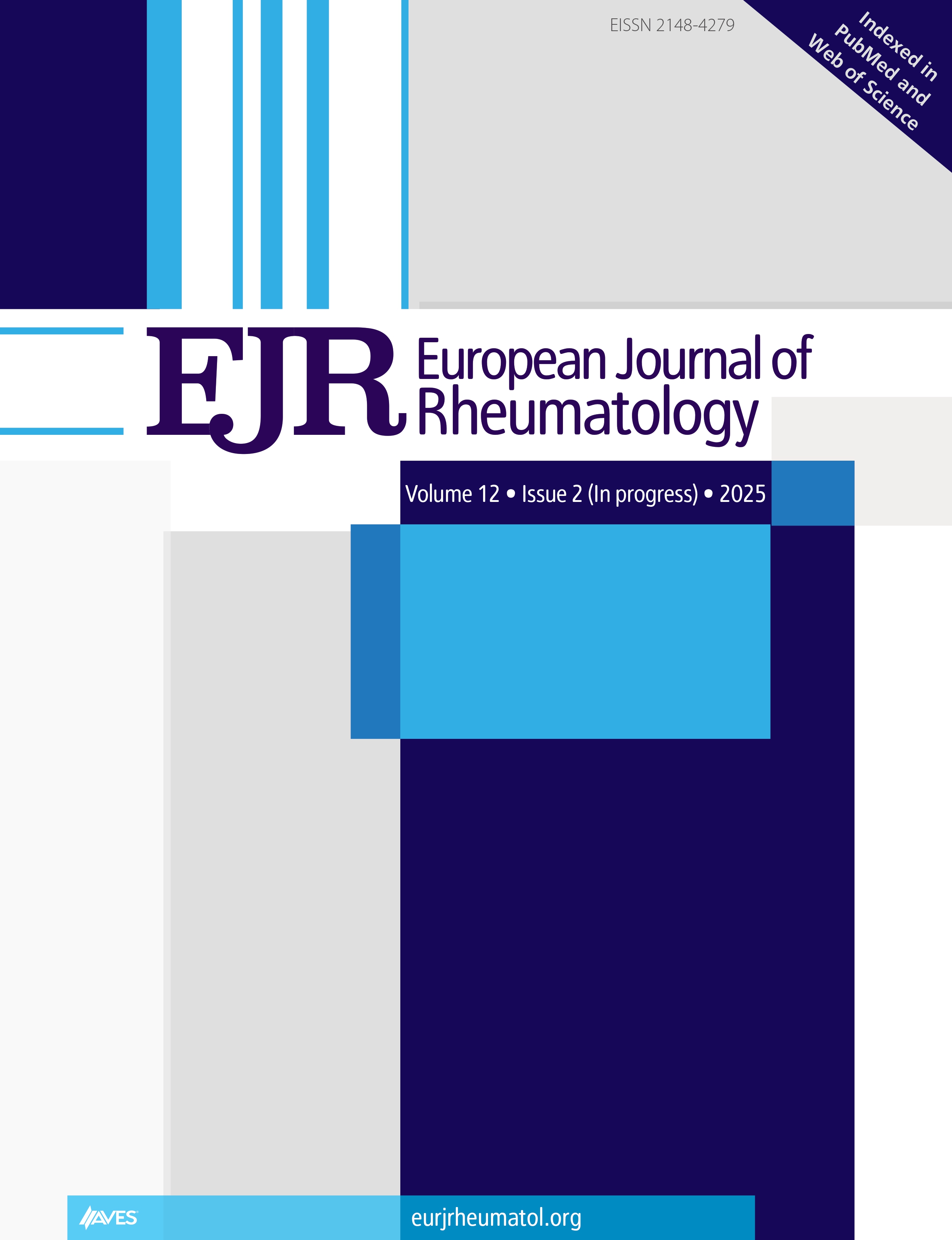Objective: Rheumatoid arthritis (RA) is a disabling inflammatory disorder. Ginger is used for food and medicine to treat arthralgia, sprains, and muscle aches. Anti-inflammatory effects of ginger have been observed. The aim of our study was to detect the effects of ginger on experimentally induced inflammatory arthritis.
Methods: Female Wistar albino rats (n = 21) were randomly separated into three groups (control, arthritis, and arthritis + ginger). Arthritis was generated by an appropriate method using type 2 collagen and Freund’s adjuvant (collagen-induced arthritis model). The ginger group was treated starting at the first collagen injection with ginger root extract for 32 days by oral gavage (50 mg/kg/daily). Interleukin (IL)-6, IL-17, tumor necrosis factor-α (TNF-α), sclerostin, dickkopf-related protein-1 (DKK-1), and obestatin serum levels were studied by enzyme-linked immunosorbent assay method. Tissue TNF-α, IL-17, cyclooxygenase-2 (COX-2), and nuclear factor kappa B (NF-κB) levels were detected using the Western blot method.
Results: Mean arthritis score and serum levels of TNF-α, IL-6, and IL-17 were significantly decreased in ginger group than in the arthritis group. Increased sclerostin serum level and decreased DKK-1 serum levels were detected in ginger group compared with arthritis group. The decreases of IL-17, TNF-α,
COX-2, and NF-κB tissue levels were statistically significant in the ginger group compared with arthritis group. Histopathological evaluation of the ginger group showed a decrease in the inflammation score compared to arthritis group.
Conclusion: It can be concluded that ginger has protective properties in the development of inflammatory arthritis. The antiarthritic acts of ginger are related to NF-κB activity and Wnt pathway. Thus, it may be suggested that ginger is a candidate to research in human RA treatment.
Cite this article as: Öz B, Orhan C, Tuzcu M, et al. Ginger extract suppresses the activations of NF-κB and Wnt pathways
and protects inflammatory arthritis. Eur J Rheumatol. 2021;8(4):196-201.



.png)